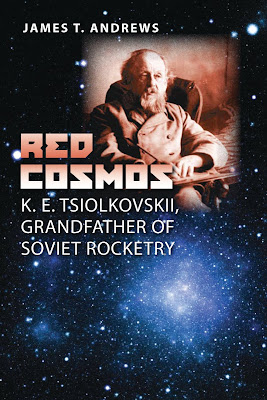Today I don’t have much time to look up at space. But I remember when I was growing up, people would ask, “What do you want to be when you grow up?” Every time my answer was the same, “I want to be an astronaut.” I wanted to be in space, exploring every inch of it. For three years in a row I dressed up as a Star Trek character, thinking it was just a matter of time before I would join them on the USS Enterprise.
In school, I quickly learned science was not my strong suit. I was a far cry from the top Candidates NASA picks for space travel. So, I soon realized I would never realize that dream, and I put aside future thoughts of being an astronaut in space.
Earlier this month, NASA launched its last shuttle. It was a sad moment, knowing my childhood dream was dying ─ not just my dream, but the dreams of all aspiring astronauts. That day I went home and had a space movie marathon, allowing myself to cry just a few times.
Are you interested in space history?
In 2009 Texas A&M University Press released Red Cosmos: K. E. Tsiolkovskii, Grandfather of Soviet Rocketry. Tsiolkovskii conceived multi-stage rockets that would later be adopted as the basis of U.S. and Soviet rocket programs.
Author James Andrews, an associate professor of modern history at Iowa State University, explores Tsiolkovskii life as a science popularizer, novelist, and visionary, whose science fiction writings included futuristic drawings of space stations long before they appeared on any engineer’s drawing board.

". . . the story of a man with a vision for the future. Konstantin Tsiolkovskii . . . opened the door to the space age and built the foundation of rocket science."-Sergei Khrushchev, Brown University
"James Andrews has made a genuine contribution by taking Konstantin Tsiolkovskii out of endless debates over 'who did what first?' to a deeper understanding of this rocket pioneer in the context of Russian history and culture."-Loren Graham, Massachusetts Institute of Technology

No comments:
Post a Comment